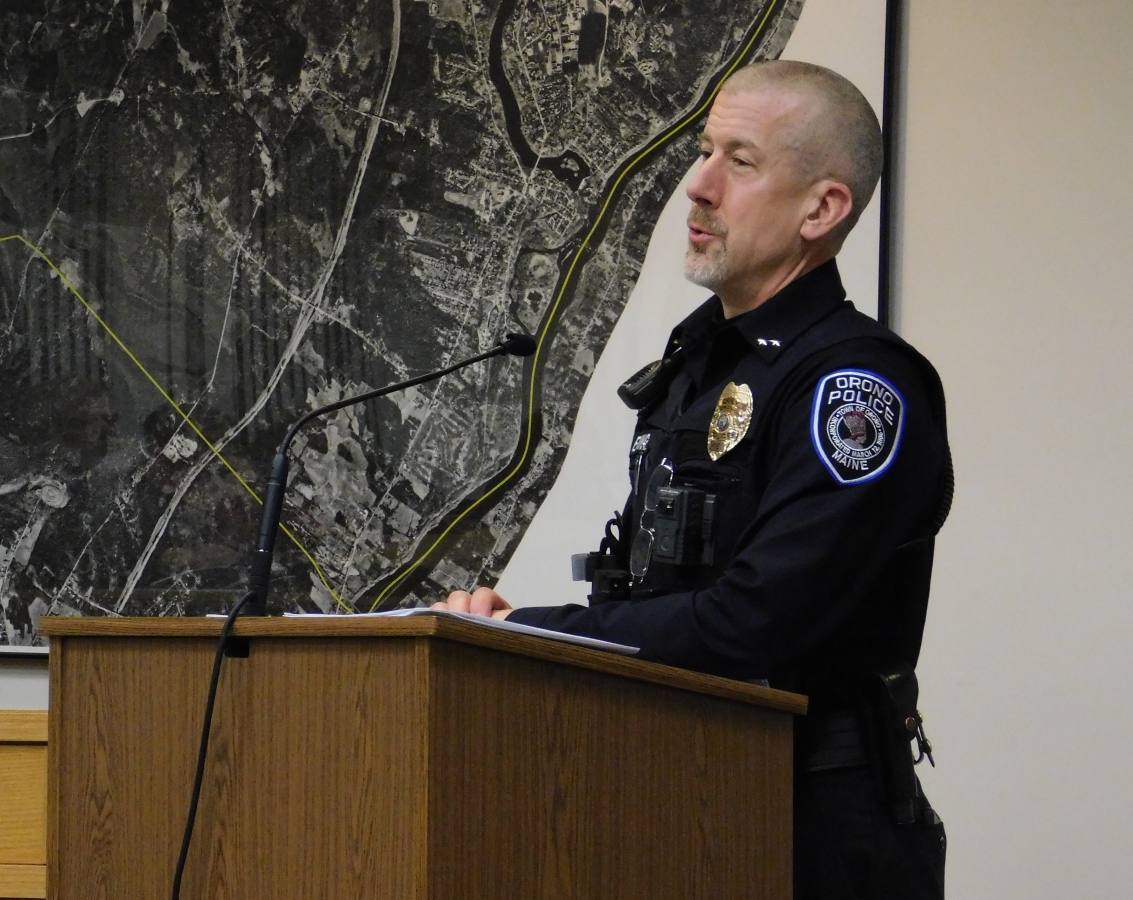[ad_1]
A former University of Maine student’s lawsuit against two Orono police officers may go ahead after the U.S. first appeals court in Boston overturns a federal judge’s decision to dismiss the complaint.
In a split decision on Friday, two of the three judges agreed the officers could face prosecution for knocking on the bedroom window of Christopher French, 26, of Prides Crossing, Mass., And yelling at him to come out to speak to them around 5 o’clock. am September 14, 2016.
The appeals court agreed with US investigating magistrate John Nivison that the officers should have obtained a warrant before trying to wake French, but reversed its finding that the officers could not be prosecuted under the State “qualified immunity†law.
The appeals court applied a 2013 Supreme Court case to its decision in the Orono case, French lawyer Timothy Woodcock de Bangor said. The United States Supreme Court ruled in 2013 that anyone has a “social license” to knock on another person’s door, but the visitor must leave if the occupants do not respond or indicate that they want the visitor to leave.
The same applies to the police, Woodcock said.
“We believe that the First Circuit correctly interpreted the law of the Supreme Court on this issue,” he said. “The ruling protects Maine residents in their homes from unwarranted police intrusion and makes it clear that warrantless police have no more right to be on your property than a private citizen.” If an occupant clearly indicates by words or actions that the police presence is unwanted, he must leave. “
An exception would be if the police believed that an occupant of the residence was at risk of immediate harm from the person with whom the officers wished to speak.
It was the first time that the Supreme Court’s decision in Florida v. Jardines was applied to the 1st circuit, made up of Maine, New Hampshire, Massachusetts, Rhode Island and Puerto Rico.
Qualified immunity protects government officials and employees, including police officers, from prosecution, but makes exceptions if they violate a constitutional or “clearly established” right, according to the Legal Information Institute at Cornell Law School .
French sued four Orono officers, Police Chief Josh Ewing, and the city in federal court in Bangor in May 2018 for his encounters with police in February and September 2016, while French was a university student and lived off campus. In both incidents, which involved an ex-girlfriend, French was indicted, but the charges were later dismissed.
Nivison granted summary judgment to police and Orono last year, dismissing the case. French appealed and a three-judge panel heard oral argument in February.
In the same ruling issued on Friday, the appeals court upheld the dismissal of the case against two other Orono officers. The dismissals of the police chief and the city’s trial were not appealed.
Justices Kermit Lipez of Maine and David Barron of Massachusetts voted to overturn Nivison’s decision. They said the Jardines decision warned police in Orono and the country that if a suspect did not walk out of a residence or indicated by covering windows that he did not want to speak to the police, as French did, officers had to leave and return. with a warrant.
Massachusetts judge Sandra Lynch strongly disagreed.
She said when they approached French’s residence, his former girlfriend told officers that French broke into her house twice that night and stole her phone. The woman told police she was afraid of him and what French might do if he accessed content on his phone.
“Given these circumstances and the rule of law in 2016, the officers’ choice to knock on French’s door and window multiple times shortly after the second burglary was reasonable,” Lynch said. “Nothing at Jardines has clearly established the opposite. The officers in this case have acted reasonably and with restraint, and certainly should not be deprived of qualified immunity. ”
Edward Benjamin, one of two Portland attorneys representing Orono and its executives, said on Monday that no decision had been made on whether to request a hearing before all of the Boston appeals judges.
French continues to seek a jury trial.
More articles from the BDN
[ad_2]

